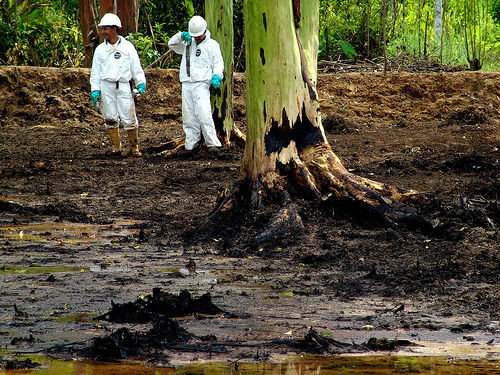On February 19, more than 21,000 anti-fascist protesters took to the streets to stop up to 3,000 neo-Nazis from commemorating the Allied firebombing of Dresden during World War II.
The police again protected the fascists from protesters, but - unlike in 2009 - didn't give them an armed guard in their march.
For the second year running, the anti-fascists successfully stopped the march form taking place, and the neo-Nazis were forced to leave the town centre via the railway to the nearby town of Leipzig, where they were also denied the right to march.
The victory was again marred by police violence against the anti-fascists.
